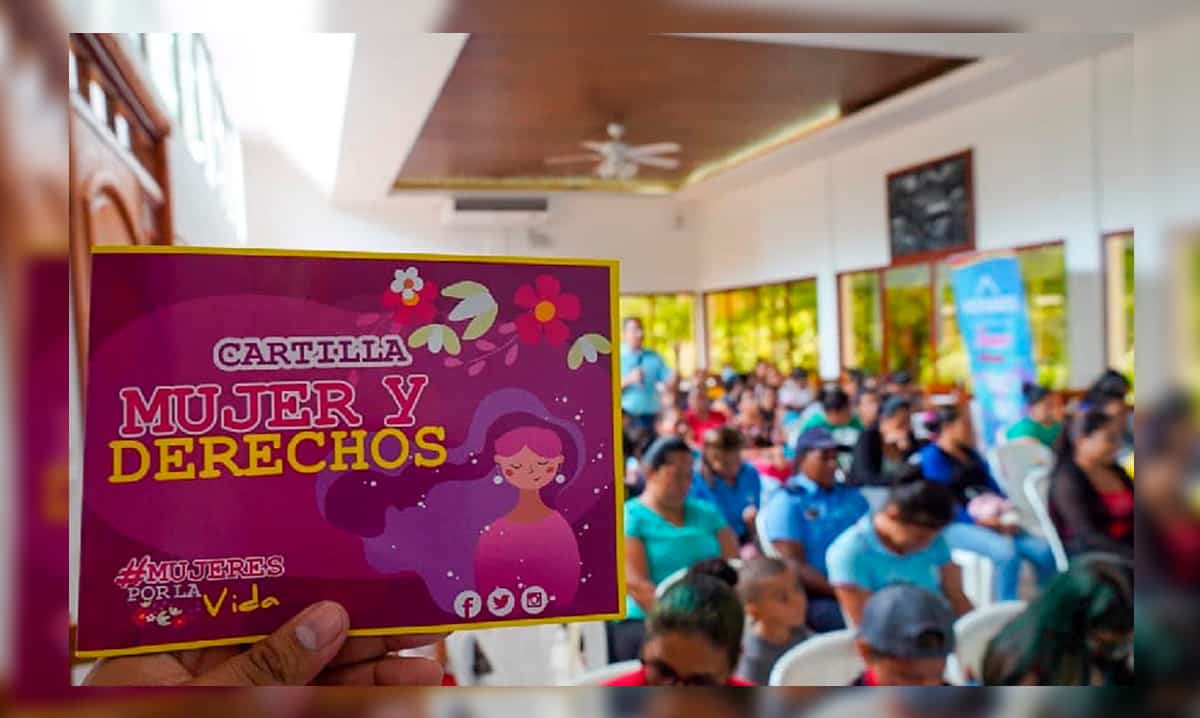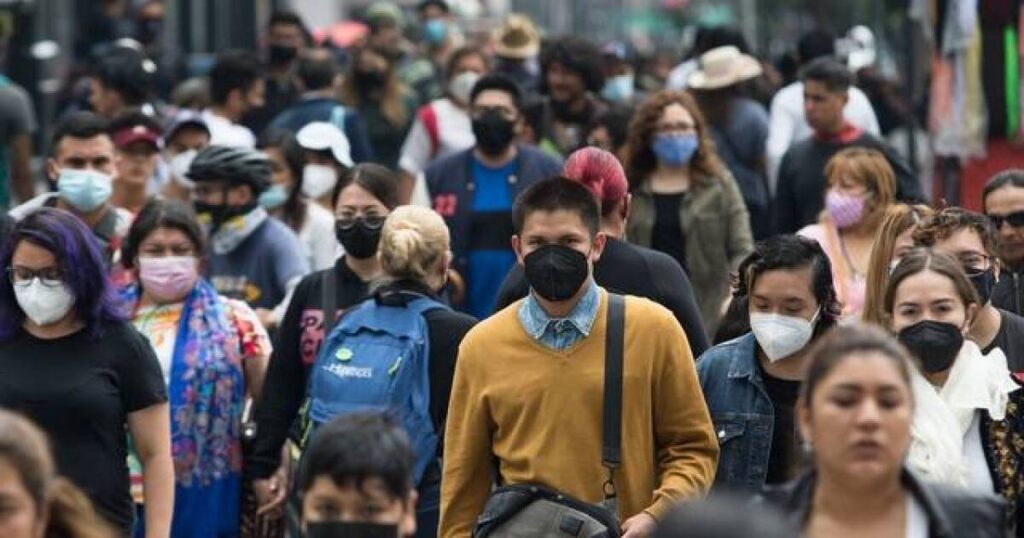The Government of Daniel Ortega and Rosario Murillo reported that this Wednesday, July 13, it will present a “informative booklet” so that women victims of violence know the procedure to report their aggressors. However, according to Nicaraguan feminists, this effort comes eight years late and is “a stepping stone” in the face of the increase in femicides and gender violence.
“At this point, eight years after Law 779 was approved, if the State had fulfilled its work, everyone would already know what the Law says and they would know how a complaint is filed, we will not need to that is a primer”, says the feminist María Teresa Blandón.
She underlines that “it is even a little sad that the Government’s response to so many femicides, sexual abuse, pregnancies of girls and adolescents, who have been victims of sexual abuse, or in the face of terrible situations of violence, the only thing that comes to mind to say (to the Government) is that they are going to issue a primer, when what is needed is a comprehensive policy”.
The regime’s decision to offer an information booklet occurred days after the femicide of Karen Blandón, 21, who was murdered by her ex-partner Ernesto Caleb Rocha, 23, while she was breastfeeding her six-month-old baby. The femicide fled the country, but was arrested by the Honduran Police. With the death of Blandón, Nicaragua has accumulated at least 28 femicides throughout the year, according to the monitoring of Catholics for the Right to Decide.
As reported by the state spokeswoman and vice president, Rosario Murillo, in her daily monologue, the booklet will be presented by the Ministry of the Family and then distributed throughout the country.
“Denouncing is the key, denouncing those who intend to disrespect us, attack us or attack us so that the laws judge them. We cannot allow any more hate crimes in any part of our country, and with any of our sisters and of course, any form of hate crime.”Murillo said.
Complaints of violence in Nicaragua do not prosper
Murillo’s speech evades the responsibility of the State in the face of violence against women. In recent years, there has been an increase in completed and frustrated femicides. Likewise, the authorities have granted the “family life” men convicted of gender-based violence, leaving women exposed.
Feminists from various organizations denounced that, since 2020, the regime has released more than 500 men who were convicted of femicide or gender violence; Of these, at least five men were identified who had sentences of 15 or 20 years and only served three years.
An investigation of CONFIDENTIAL, published in 2020, revealed the stories of women who were forced by the authorities to mediate with their aggressors, who then murdered them. It also showed cases of Nicaraguans who had achieved justice and later, the regime released their executioners and put their lives at risk.
Since the end of 2018, the Sandinista government has canceled and confiscated 51 NGOs that worked for women’s rights in Nicaragua, according to a monitoring of CONFIDENTIAL.
“What we have is a country where there is enormous impunity. It is clear that the State does not want to coordinate with civil society organizations; That also speaks of a lack of political will to face a problem, which, as we already know, is very complex, multi-causal and would require the concerted effort of the State and society,” says Blandón, who is the director of La Corriente, one of the canceled organizations.
Women’s Commissioners do not prevent femicides
Although since 2014 Law No. 779 or Comprehensive Law against Violence against Women was created, no changes have occurred. The State has made efforts to create more women’s police stations, but the staff is not trained to handle complaints and they have not meant a decrease in violence.
“(In the police stations) the Police have a single priority and it is the issue of femicides, but not to prevent them, but to investigate them and to capture the femicides, they do not have as a priority to address problems of violence such as physical or psychological violence , sexual abuse, harassment. These issues are not a priority, which is why many times the victims come to report and they are not attended to or they do not report their cases or they say they are going to investigate and they do not investigate,” laments the Nicaraguan feminist.
Since the creation of Law 779, 514 femicides have occurred in Nicaragua. 2021 was the year in which there were more deaths of women: 71 in total and more than 100 children were orphaned. Most of these cases remained in impunity.


















